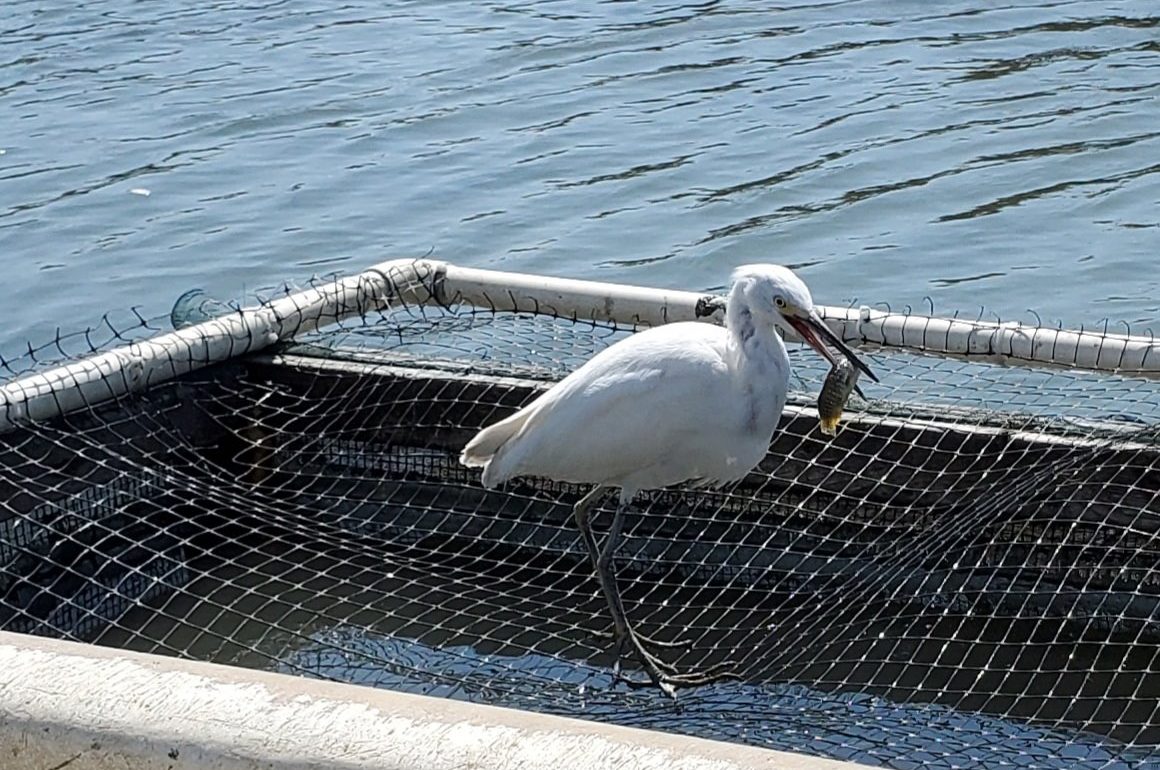
Snowy Egrets like to keep their distance. Normally the slender, fairy-feathered shorebirds are shy and avoid the humans who encroach on their territory. But a small colony of them have made an exception for Elton Reed, who has fished off Chincoteague Island, Virginia for almost five decades.
Initially wary, the birds came to accept his quiet presence as he checked his traps and floats. Over time, he learned to recognize individuals. He didn’t try to befriend them, although every once in a while he’d toss one a minnow. One day an enterprising egret landed on his float, snatched a baitfish, and flew off. Emboldened, the others began to hang out on his floats and catch rides on the bow of his boat.
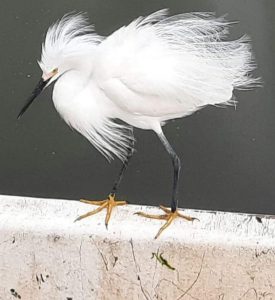
Some he named, others he didn’t. One he called Petey had two missing toes, always arrived late from migration, and last summer was accompanied by a smaller bird Elton believed was its offspring. On an October morning Elton discovered the young bird balancing on one of his floats, trying not to put weight on a clearly broken leg. He kept her supplied with minnows as he searched for help.
He found it in Gay Frazee, a skilled wildlife rehabber who runs Wildlife ER on the Eastern Shore of Virginia. She is one of only two rehabbers on a 70-mile peninsula right in the middle of the eastern flyway, a superhighway for migrating birds. She said she would take the injured egret, and Elton caught the bird with a net.
Knowing how fragile and stress-prone shore- and wading birds tend to be, Gay didn’t have much hope for the egret’s recovery. Things looked even more dire when the colony left the marsh and headed for their wintering grounds – usually somewhere between the West Indies and Central America – which meant the young egret would have to spend the entire winter in captivity.
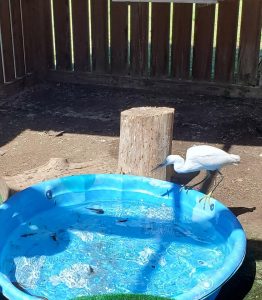
But sometimes things work out. Gay moved the egret to different enclosures as the temperature dropped, supplying heat, space for exercise, and decorations of familiar reeds and grasses from the Chincoteague marsh. Elton arrived once a week with live minnows and small shrimp. The first time he appeared Gay was surprised. “Thank you for thinking of her,” she said.
“I think of her every day,” Elton replied.
Six months later Elton reported that members of her colony were beginning to arrive from the south. On a sunny day in early April Gay transported the egret to Chincoteague Island, joined Elton in his boat, and motored out to where the group had gathered. When they let her go she flew a wide loop over the marsh, then settled on one of the floats.
“That’s it,” said Gay, as rehabbers take it for granted that once they release a bird or animal they will never see it again.
“That’s not it,” said Elton.
The following morning he reported that she was foraging on the beach. He said one of the more aggressive males had chased her around the marsh, but that she was flying well and had evaded him. A few days later Elton called with another update: he had spotted pursuer and pursued lying on a float, eyes closed, side by side in the sun. “Having a little siesta,” said Gay.
He also reported that Petey had not yet returned from migration. He wasn’t worried, though, because Petey was always late. True to form, Petey arrived several days later … just as he had for the previous 13 years.
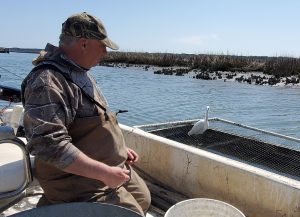
This is why rehabbers make every effort to return flock or herd wildlife to the area in which they were found. It’s their home. And every once in a while we’ll luck out and encounter someone like Elton Reed, whose love for and knowledge of an area and its inhabitants both inspires us and proves that hardworking rehabbers like Gay make a difference.
Photos by Gay Frazee and Elton Reed.
Gay Frazee’s Wildlife ER is a registered 501(c)3, takes in all kinds of wildlife, and runs solely on donations. Please take a look at her Noah’s Ark of a FB page and consider making a donation!






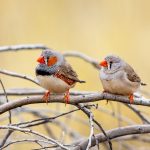
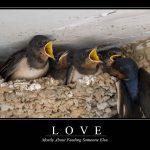

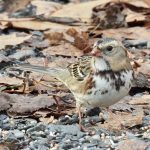
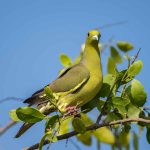
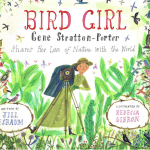
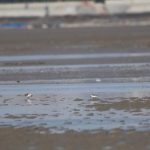
What a nice story to end the day with. Thanks to all.
Thanks, Susie!
What a moving story, Suzie … and a beautiful testimonial not just to the immense efforts and dedication of wildlife rehabbers like Gay, but also to the best of humanity in people like Elton. The world would be so much better, populated by a lot more Eltons.